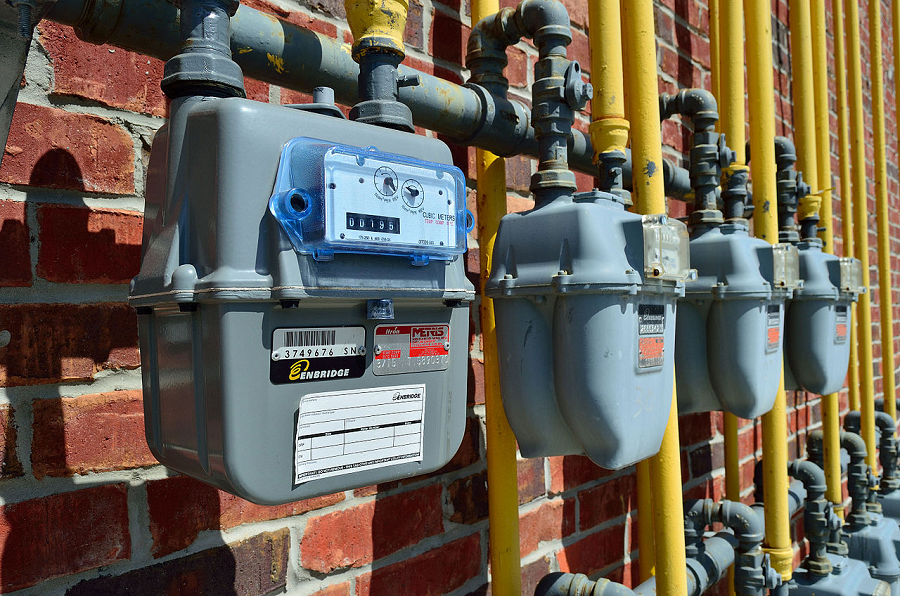Electricity: Saving by Submetering

Renting out multiple structures can involve shared access to utilities and other resources. For example, a shopping mall may have bills for all services used on site. Large, older homes are commonly divided into rental suites or for landlords to rent out rooms to individuals. One of the challenges that landlords and property managers face with these units is determining how to fairly bill each occupant for their share of energy consumption. Companies such as FlowRite Metering offer submetering systems that simplify the process of determining how much energy specific tenants consume so that they can be accurately billed but enable landlords to save money.
Accurate data
In the past, landlords with a property that contained several suites in one home typically received a single energy bill that they had to divide among the residents. Each landlord had to determine how to do this. Some may have simply divided the bill by the number of units being rented out, while others may have divided the bill by the total square footage of the property, and then determined each tenant’s bill based on the consumption per square foot and the total number of square feet in their unit.
Submetering ensures that the specific energy consumption of each tenant is accurately recorded and that they’re billed for what they actually use, not the landlord’s best guess at a fair portion of one bill.
Simplified process
One problem with the way landlords divided bills in the past is that a lot of factors can affect energy bills. Some tenants might use more energy than others, even if they have smaller rental suites. An individual who works outside the home and spends evenings reading or going out with friends is less likely to consume as much electricity as a person who works from home and stays home in the evenings, with their home theater system playing movies while they surf the internet. Also, some individuals prefer to keep the heat low when they sleep at night while others maintain a high household temperature all day and night.
These examples illustrate the reasons that tenants might complain about a divided energy bill. The arrival of a new tenant could cause their bill to increase if that tenant is using a disproportionate amount of electricity. Submetered systems not only save landlords time calculating and collecting individual bills, but they also save them time dealing with complaints from residents who don’t believe their portion of the bill is accurate.
Identify energy guzzlers
Different landlords may have specific challenges unique to their property and location. One might find that the installation of submetering systems can help them isolate units within the site they manage that are using a disproportionate amount of energy. In turn, this can help them work with the tenant to identify anything that is unnecessarily consuming electricity. By determining which items can be turned off when the resident isn’t home or is sleeping, the landlord can help the tenant save money and conserve energy at the same time.
High energy consumption within a specific unit can also help landlords determine whether a tenant is engaging in inappropriate conduct that violates their lease.
Personal responsibility
When individuals are on a shared system and don’t have to pay for the resources they use, they may be careless and avoid focusing on responsible consumption. When individuals are billed for their specific use and responsible to pay for it themselves, then they can only blame themselves if the bill is high. This means that individuals on a submetered system are more motivated to be responsible, consume efficiently, and conserve their costs. The installation of a submetering system has been shown to reduce energy costs by as much as 30{6005fe00238ed0ec29dcf4f9ca8b03a9042cdf9ccd9cfcf46fbf772e3d1d5bdd} per year. Although this may seem like more of a benefit for the resident than the landlord, maintaining reasonable energy bills ensures that tenants can afford to remain in your facility and won’t move because of high electric bills. It also means that the landlord is less likely to face a situation where the tenant fails to pay, and they are left to pursue legal action or cover the costs themselves if the tenant has to be evicted.




